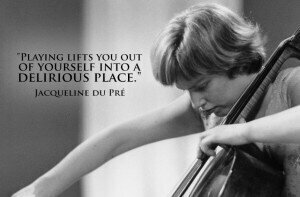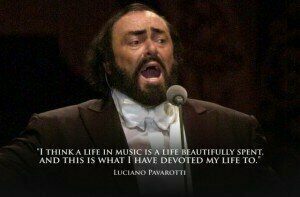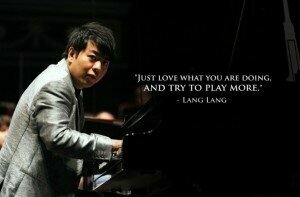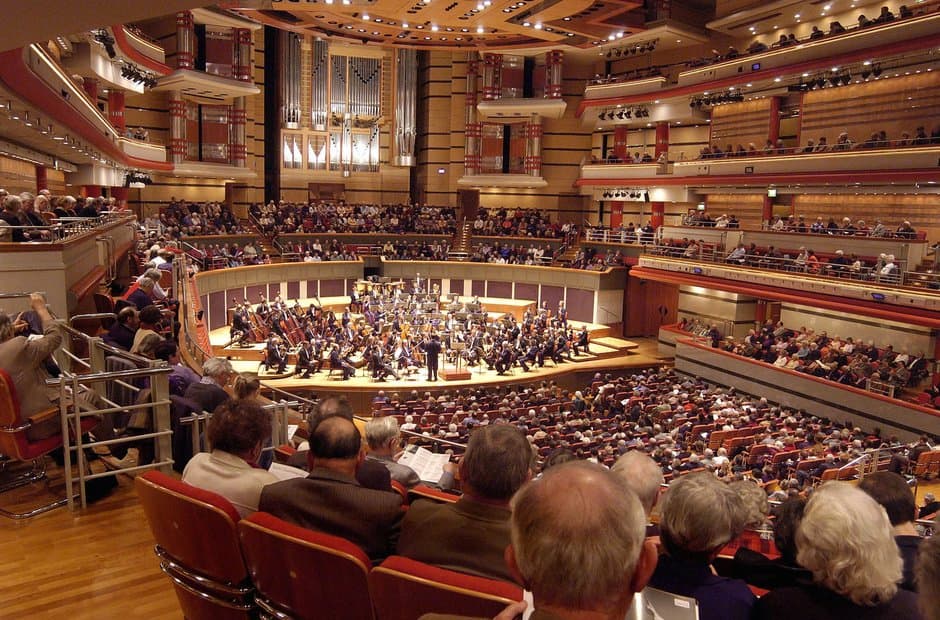 For those of us who engage in music, as performers and teachers, the classical canon offers an endless source of excitement, thrilling stories and fantasies, portrayed in myriad colours, moods and styles. The desire to play this music and revel in its wonders is very potent and is what motivates us to practise, play, perform, and teach, and sharing the music with others is a special joy all of its own.
For those of us who engage in music, as performers and teachers, the classical canon offers an endless source of excitement, thrilling stories and fantasies, portrayed in myriad colours, moods and styles. The desire to play this music and revel in its wonders is very potent and is what motivates us to practise, play, perform, and teach, and sharing the music with others is a special joy all of its own.
Villa-Lobos: Bachianas Brasileiras No. 5
But alongside this, the musician’s daily life can be tough, restrictive and lonely: the routine of practising, trying to make a living in an uncertain, highly competitive profession, seeking out performance opportunities, travelling, teaching, and the quotidian admin of managing a career. When the creative pursuit of music feels more like a task than a passion, it can lead to a loss of joy.
There are added pressures too: the rigours of the musician’s training can affect one’s attitude to the music. It stops being a source of excitement and exploration and instead becomes a sequence of technical exercises to be practised with clinical precision to the point of perfection. The need always to be at the top of one’s game, the knowledge that, as a performer, one is only as good as one’s last performance, the precarious nature of the profession – all these can impact on one’s attitude to the music.
 Glass: Etude No. 20
Glass: Etude No. 20
How do we preserve the joy when so many pressures can conspire to remove it from our music making?
As a teacher, I think it should start in the earliest lessons. Too often children are encouraged not to make a mistake, to aim for perfection – an unrealistic artificial construct – and in doing so become fixated on avoiding errors rather than revelling in the pleasure of the music, relishing and cherishing the sounds they are making.
“…too much emphasis is placed on how they [music students] perform, and too little on what they experience.”
(Mihaly Csikszentmihalyi, author of FLOW)
Accentuate the experience
As we mature and develop as musicians, whether or not we choose the path of formal training in conservatoire, our focus should remain on “the experience”. Of course we must practise deeply and intelligently, with due care and attention, but not to the exclusion of everything else. Life experience, from the mundane to the extraordinary, all feeds the artistic temperament and brings vitality and imagination to our music making.
Make the music for you and remain curious
Intrinsic motivation – whereby one undertakes a task or activity for its own sake rather than in the hope of gaining some sort of external reward or praise – leads to better focus and concentration, and far more fulfilling outcomes. So make the music for you – and don’t continually seek praise or endorsement from others; nor compare yourself to others.
Thirst for knowledge is a form of intrinsic motivation and this thirst can be fulfilled by learning new music and enjoying the process of learning. Personal fulfilment can be derived from knowing one is getting better, while the physical and mental satisfaction of actually playing music is a pleasure in itself and can lead to a state of flow, where one enjoys the activity for its own sake.
 Regular reminders of why we have chosen to devote ourselves to music, which focus on the intrinsic motivations, rather than career advancement or external endorsement, and recalling our love for and pleasure in the art form, are very important too.
Regular reminders of why we have chosen to devote ourselves to music, which focus on the intrinsic motivations, rather than career advancement or external endorsement, and recalling our love for and pleasure in the art form, are very important too.
Give yourself permission for downtime
Taking regular breaks from practising and the other minutiae of managing one’s career allows time to refocus and reset. Regular exercise, plenty of sleep, having someone help with the mundane tasks, and getting away from it all by doing something else – reading a book, visiting an exhibition or simply chilling with a TV programme.
Acceptance
Know and accept that feelings of frustration and disgruntlement with one’s working life is normal and common to everyone.
And some helpful advice from musicians themselves:
Finding a few minutes amongst the (often huge) stresses of deadlines to engage in ‘play’/procrastination…and lots of listening to all kinds of music.
Thomas Hewitt Jones, composer
Reflect regularly on the transience of stress and anxiety and the permanence of art. Treat it as your friend, not your enemy. Even if things get much worse and they always can, know that art will always be with you and will continue long after you’re gone. A thirst for life and creation when willed into being tends to overwhelm the desire for death (of one form or another).
Luke Jones, pianist
For me, playing is the release. I mostly compose via improvisations, so as my mind wanders and deals with daily stress, my music is moving around under my fingers looking for a way to ground myself.
Simon Reich, pianist and composer
At times when my work is not bringing new repertoire to me, I find there is no cure for fatigue that is better than making a new thing
Sally Whitwell, pianist and composer
For me the joy is in the music. I love music.
Joseph Fleetwood, pianist
More Opinion
-
 Nurturing the Musical Brain It is essential to make music part of someone’s development as early as possible
Nurturing the Musical Brain It is essential to make music part of someone’s development as early as possible -
 Music for Life Skills Learning a musical instrument can contribute to personal development and success
Music for Life Skills Learning a musical instrument can contribute to personal development and success -
 Alone Yet Together: The Shared Experience of Live Performance Attending a concert alone is not an act of isolation
Alone Yet Together: The Shared Experience of Live Performance Attending a concert alone is not an act of isolation -
 Let’s Celebrate and Nurture Classical Music’s Core Audience Obsession with attracting a young audience seems to be exclusive to classical music
Let’s Celebrate and Nurture Classical Music’s Core Audience Obsession with attracting a young audience seems to be exclusive to classical music




